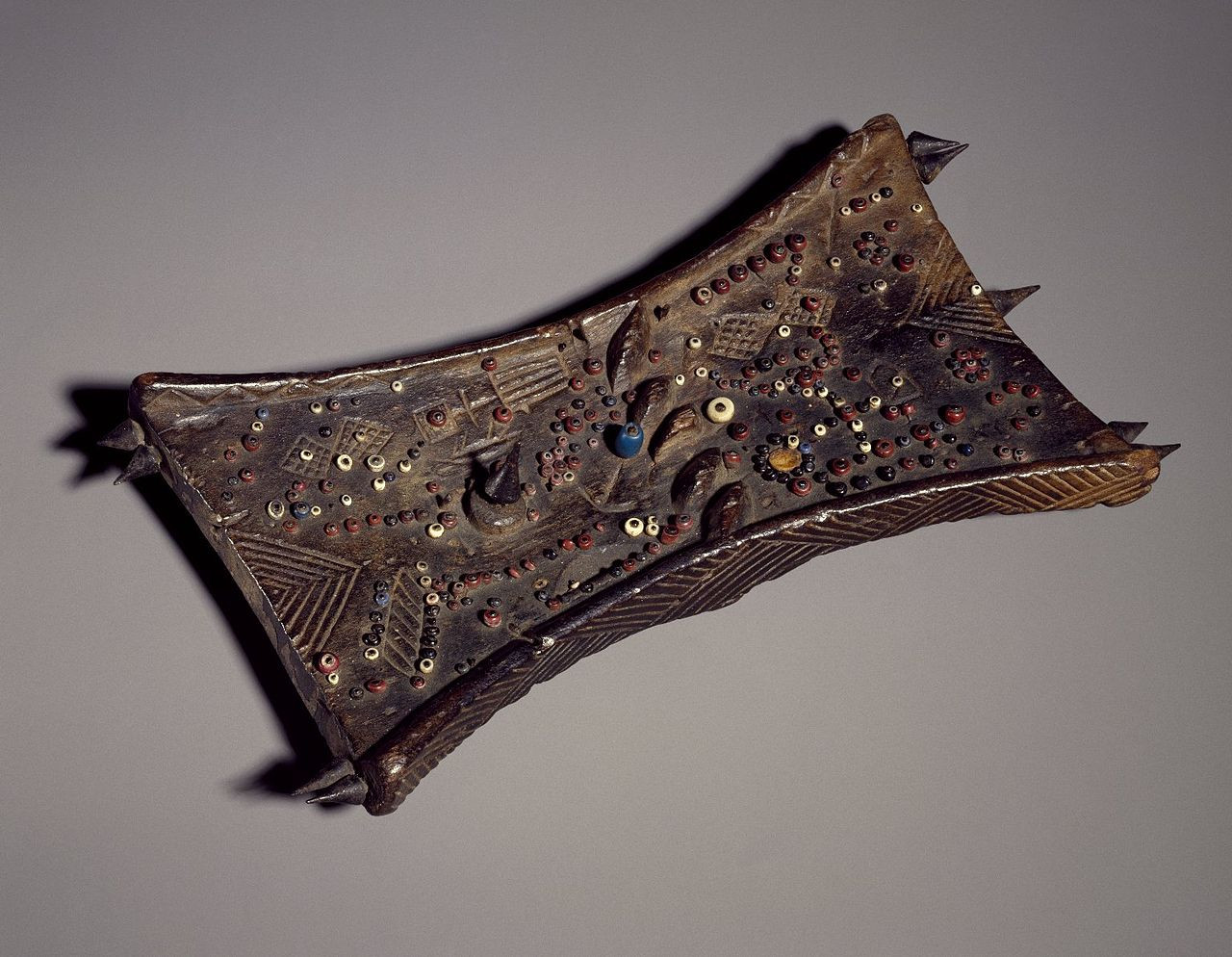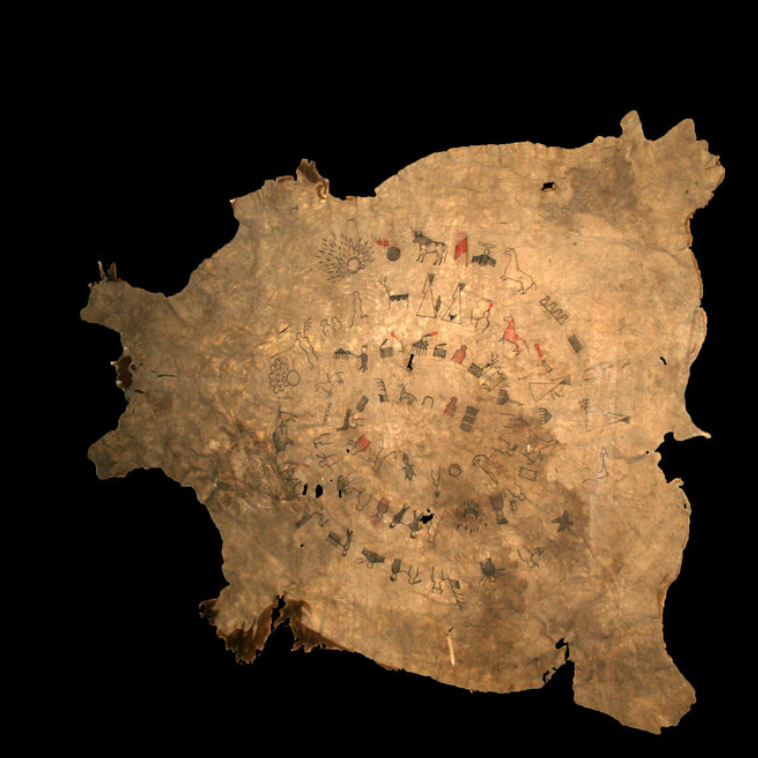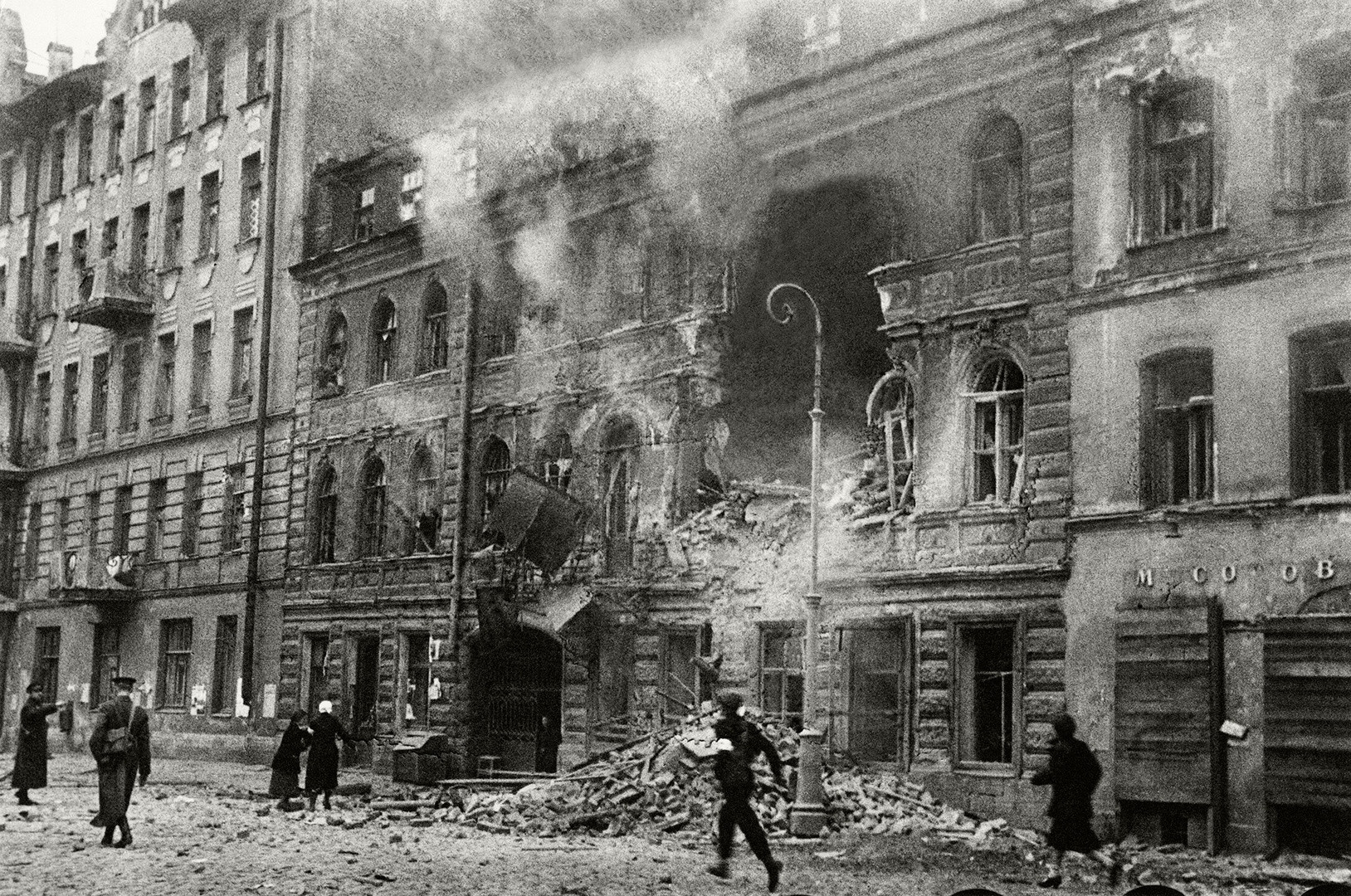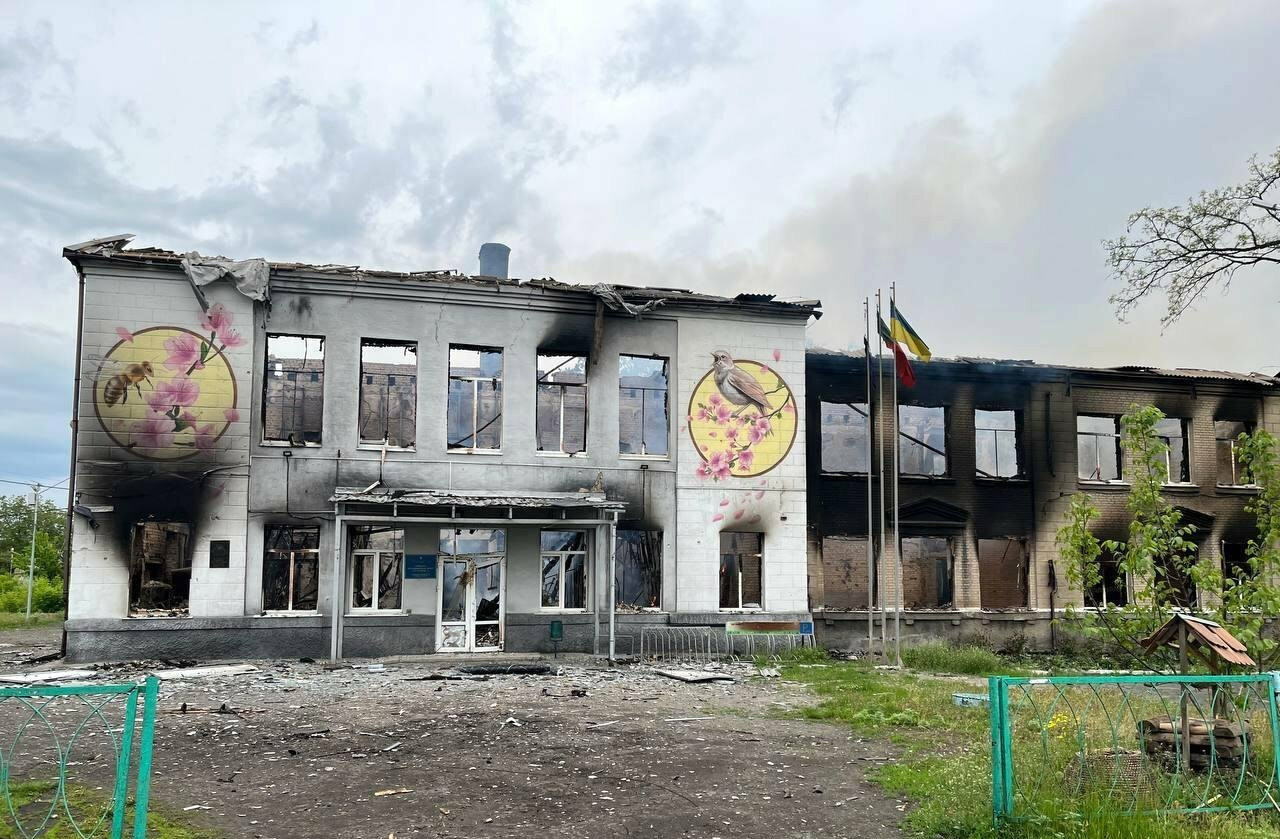Л.Н.О.М.М.
The story of why we remember is the story of humanity. To say this is to say everything not only about who we are, as species, but also to approach understanding of the question why, 80 years after the most devastating war in contemporary history, we are once again approaching the collapse of shared values—in alarming crisis of empathy and reason.
Both empathy and reason grow with and from memory. And here I don’t mean memory as a skill demonstrated by seasoned mnemonists able to recite numerous digits of pi. Remembering is a key element of our humanness for several reasons. A more obvious one refers to our ability to encode, preserve, and pass on the information essential for our physical survival reflected in the brilliant ability of our ancestors to memorize vast amounts of data about healing and poisonous plants, dangerous and useful animals, positions of stars and planets — a must for effective navigation or harvesting.
On the other hand, a deeper empathetic dimension of remembering is about knowing your kin—who you are and where you come from, which appears to be not less crucial. Some Maori can recite an 800-year genealogy dating from when their ancestors first reached New Zealand, writes Dr. Lynne Kelly. The Fang of Gabon and Cameroon were able to recite genealogies of up to 30 generations in depth, recalling associated events from centuries ago. Reading about these and other incredible facts analyzed by Kelly in "The Memory Code", one cannot but feel embarrassed and sad at how much has been lost since then.

How many of us know the names and stories of at least three generations of those of our own blood? To what extent are we really aware of the hardships they had to endure and lessons they learnt? Have we done enough to ensure the continuity of the thread of respect, gratitude, and sympathy to those whose lives made ours possible?
Observing what Russians are doing today in Ukraine, calling a civilisatory mission the bombing of towns, purposeful targeting of shelters, schools, hospitals, and other public infrastructures, kidnapping Ukrainian children to brainwash them against their own homeland, and hence repeating the brutal crimes committed by the Soviets in the years of the Great Purge against their own people, one can state that epidemic of forgetting is at full swing.
Would the world see similar senseless wars and ruthless genocides, jailed and murdered intellectuals and activists, as well as the rise of hostility against those defined by country’s leaders as scapegoats to instill tribalism and polarization, if we had retained our capacity to remember?
If a Russian had known that his grandparent died of starvation and typhus Gulag for enemies of the people, would he still shell the Ukrainian towns, such as Avdiivka, leaving civilians in dire conditions seeking shelter in basements and for weeks gathering water from melted snow?
If a Belarusian had been aware that her own relative had been executed in 1937 by the Bolsheviks for anti-Soviet behaviour, would she rat her neighbour who documented the movement of Russian tanks over Belarusian territory out to the police?
If a Pole had known that his or her relative had perished in a Nazi concentration camp labelled with a pink triangle, would this person advocate for the creation of LGBT-free zones and promote the implementation of a blurred conservative patriarchal mix of traditional values?
Long before the appearance of writing, Lukasa memory boards, Lone Dog’s pictorial calendars, Winnebago song boards, Tlingit totem poles and other amazing memory aids were invented in various indigenous cultures and allowed them to preserve a clear and detailed story of their kin for centuries. Why didn’t we—claiming ourselves Europeans, well-versed, and civilized—succeed in learning to be human from them? Why aren’t we in contact with our ancestors any more?
Why aren’t we talking or even listening to each other?

Forgetting is also reenforced by a technological shift that makes it easier to access, generate and share information. According to Eric Schmidt, the former chairman of Google, we create as much data in two days as we did from the dawn of civilization up to the year 2003, and the exponential growth of this new content cannot but affect our relations with the world and ourselves: instead of approaching the huge pool of human knowledge for inspiration and growth, we assign too much importance to our modest ignorant selves and get stuck in endless you-loops. Confusing information with wisdom, and data—with understanding, we ignore the endless forests of knowledge at our fingertips and enjoy algorithmically curated marketed land plots of self-praise.
The people we define as indigenous valued their time much more than we do today and, as it is evidenced in their memory devices, they also knew how to classify, filter and prioritize what should be passed on to the next generations. Inuit people traditionally used stars for navigation during long winter months across frozen lands with no maps or compasses to help them while indigenous peoples of Australia composed dreaming tracks to encode in them the information about the location of landmarks, waterholes and other natural phenomena along the route of up to 3,500-kilometres.
We don’t need to go far to find evidence of scary amnesia in the country that lost more than four million of its people in the most brutal system of forced labour camps. In 2021, just three generations later, only 3% of Russian citizens associate the USSR with human rights violations, repressions, and totalitarianism and 63% feel sorry about the collapse of the Soviet Union with the number of Stalin supporters having increased in all socio-demographic groups over the past decade. In case of Russia, past is perceived not as a space for lessons of wisdom, compassion, and gratitude but as a mythical fantasy land of faceless heroes, romanticized war and zero discussion of its costs, ethical responsibility, trauma and moral complexities.

At the event, held in 2023 at the State Memorial Museum of the Defense and Siege of Leningrad, Putin was addressed by Valery Isakov, the organizer of a private museum "Objects from the Blockaded Leningrad", who gave the president a copy of the blockade pass for air raid alarm and a blockade bread card. Probably aimed as potent reminders of the suffering, endurance, and resilience of the people during the Siege of Leningrad in 1941-1944, they, however, look more as symbols of memory instrumentalization and manipulation.
Having lost his brother in the siege (Viktor Putin was born in 1940 and died two years later), today’s head of the terrorist state appears to know nothing about war. Because how different is an air raid alarm of his hometown form those that for three years regularly warn the Ukrainians all around the country of incoming Russian missile strikes? The sirens are the same, the terror is the same—only now, it is following his own orders suffering is inflicted on the innocent. The bread card, once a desperate lifeline in a besieged city, becomes a dark echo in a world where civilians again queue for food under shelling—only this time, not as victims of fascism, but as the targets of amnesiac terrorist state.
The narratives of Russia’s unique mission, glorious past and bright future are not about remembering—they are about selective amnesia, about curating a version of history that censors uncomfortable truths, flatters national pride and erases the very notion of humanness. They do not invite reflection; they demand allegiance.

Amnesia begins quietly—with small, seemingly insignificant omissions. It starts with a lack of curiosity about the stories of one’s immediate family, the fading tradition of taking care of ancestral graves, and the slow erosion of rituals of remembrance at long tables with the entire village invited to share meals and memories. It is fed by the tendency to overshadow the collective “we” by individualistic “I, ” when speaking takes precedence over listening, and self-expression drowns out communal reflection.
But forgetting is not only personal—it it cultural, political, and moral. When memory is no longer nurtured, supported by consciously observed practices, memory aids, mnemonic institutions and educational establishments, accountability erodes, and empathy thins. Without memory, we lose our ability to recognize recurring patterns, to say, I don’t want this happen to me again, because, knowing the story of your kin, no "I" exists in isolation—every "I" is actually "we".
In forgetting others, we also forget ourselves—who we are, how we got here, and what we owe to those who came before us. If remembering is a form of resistance, amnesia is complicity; it teaches nothing but passivity, indifference, opportunism with short-term personal benefits.
On the backside of one of the photographs I got from my grandmother, now deceased, I see her clear neat handwriting begging us, her children and grandchildren, to cherish the memory of our dear common blood relatives. Then go the names, all in couples, probably standing for spouses, all numbered. Most of the names are new and I do not remember my grandmother ever telling us about them. Or maybe we were yet too small to give it importance…
Having access to extensive memory has always been associated to power, writes Dr. Lynne Kelly: those responsible for storing vast amounts of valuable data had different names across cultures—bangara (Big Man and calendar-keeper) in the Solomon Islands, rememberers by the Incas, babalawo by the Yoruba. Today, the trend to destroy, burn, censor memory seems to re-enter into practices, school textbooks are re-written to match the discourse promoted by the state, sites of traumatic events are turned into polished memorials with no space of reflection offered, or left unattended. Exposed to the endless streams of mostly entertainment-driven visual content, our own memories become cluttered and weakened when it comes to what truly matters.
But, as we know, history repeats itself, and just as the same greed- and hatred-incited conflicts spring in different parts of the world as the evidence of unresolved half-forgotten traumas, there is also something we can learn from the wise indigenous peoples of Australia, North and South America. We can start from ourselves and direct our attention ouwards—to the word around and before us. Our ancestors remembered the stars, trees, winds, and the names of every relative who had walked before them. Can’t we still follow in their footsteps?
